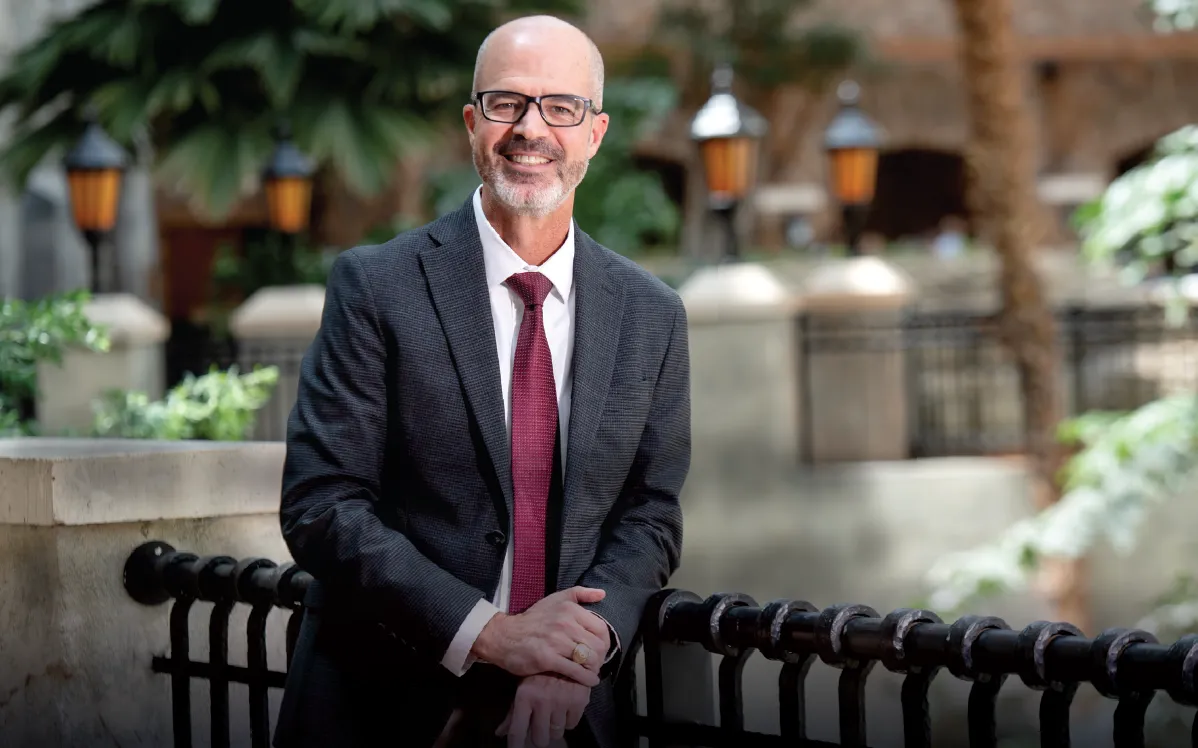
This is an economic issue - but it’s a moral one, too. Moreover, it is a timely reminder that the ITS industry has the power to help stem the tide of misery. It cannot be right that poorer states have 1% of the world’s vehicles but 13% of all vehicle-related deaths; while richer countries have 40% of the world’s cars – but only 7% of total traffic fatalities. Road traffic accident is now the biggest killer of young people, and the eighth overall leading cause of death worldwide – above even HIV/AIDS and tuberculosis. There is another way.
There are other ethical dilemmas in this issue of ITS International. An increasing wealth of information is available to create personalised transport solutions – and this makes for some exciting possibilities. But hang on a minute: does everyone really know what they’ve signed up for? ITS companies have a duty to be explicit in explaining how data is going to be used (p44). Otherwise, a backlash is coming.
Finally, the gig economy is reshaping not only the way we think about travel (Uber, anyone?) or pizza delivery (there are many apps for that, inevitably), but also about enforcement. Roads are no longer simply routes for allowing us to get from A to B – they are also now high-pressure workplaces for many people (p28). And because job security is scarce, getting that delivery done on time is vital. So tiredness, speed limits and all the other rules of the road might just take a backseat. Times are changing.
The authorities – and the rest of us - have some thinking to do.










